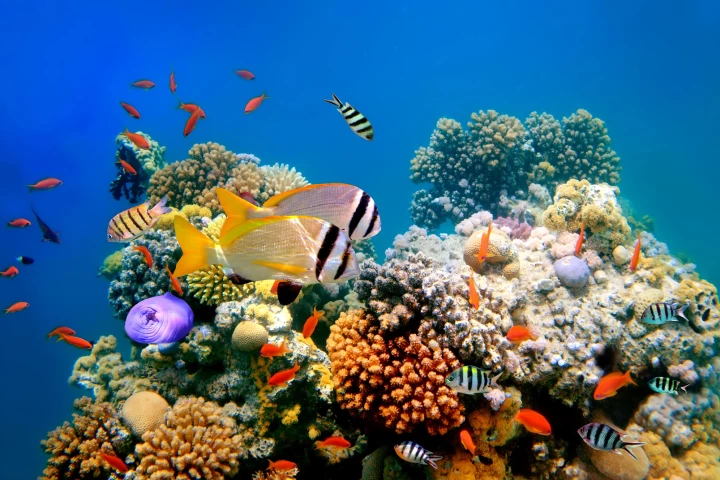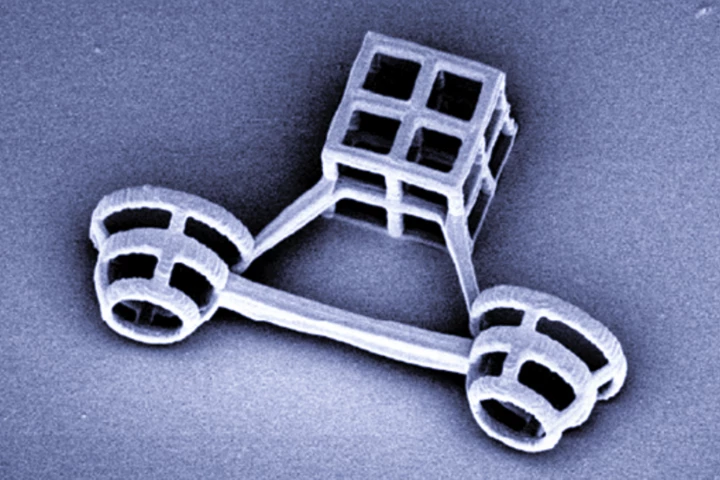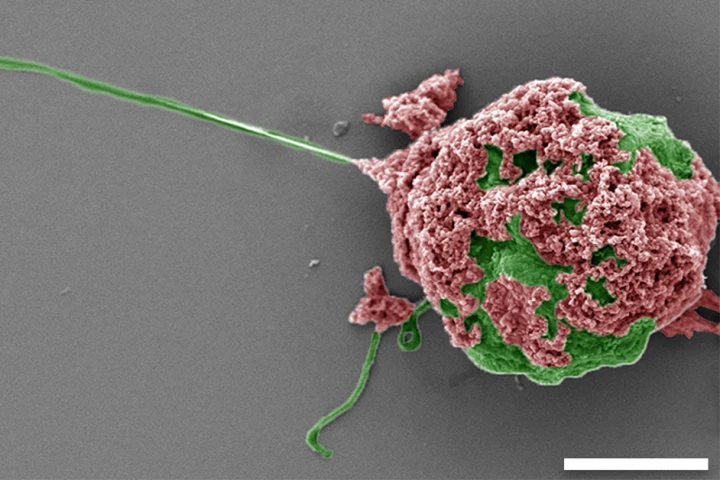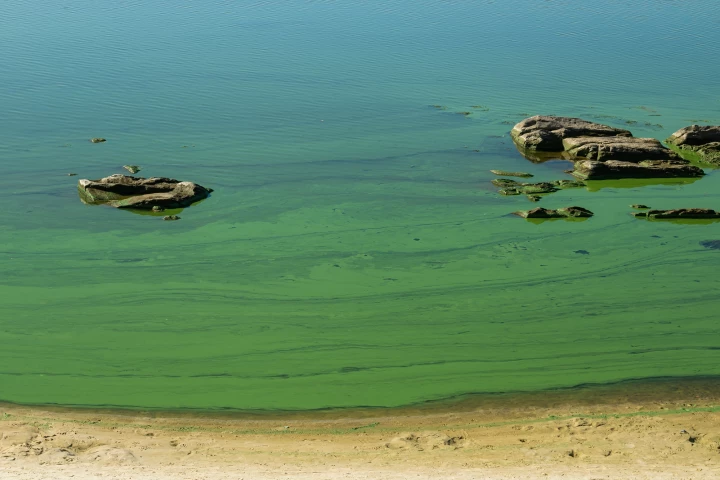Algae
-
If you're hoping that reef-restoring coral larvae will settle down in damaged reefs, you can't just sit around and wait for it to happen. You have to get out there and entice the larvae, which is exactly what a new algae-based gel is designed to do.
-
Scientists have discovered the largest known protein in biology. Given the fun name of PKZILLA-1, the protein was found in algae cells and helps them make toxins that are responsible for mass killings of fish.
-
From dog sleds to horse-drawn carts, animals have been pulling vehicles for thousands of years. Now, scientists in Tokyo have made what might be the smallest version ever, designing microscopic vehicles that can be pulled by single-celled algae.
-
If you suffer from inflammatory bowel disease (IBD), a pill full of tiny algae robots may be just what you need. The bio-hybrid microrobots have already been shown to reduce symptoms and promote healing in IBD-afflicted lab mice.
-
When it comes to protein sources that are more eco-friendly than traditional livestock, two of the most promising candidates are insects and microalgae. Scientists have now devised a method of using waste from the former as food for the latter.
-
We now know just how the earliest land plants, ancient algae, conquered terrestrial Earth hundreds of millions of years ago and laid the (literal) groundwork for all subsequent life. It highlights the fascinating genetic strategies of plant evolution.
-
Scientists have discovered that a once-in-a-billion-years evolutionary event is underway, as two lifeforms have merged into one organism that boasts abilities its peers would envy. Last time this happened, Earth got plants.
-
Thanks to a recent discovery regarding marine algae, scientists have developed crop plants that absorb a fuller spectrum of sunlight, resulting in better growth. The finding could also lead to increased production of biofuels.
-
Whether they're in machines, buildings or aircraft, it's always helpful to know if components are undergoing mechanical stress. A new material could quickly and easily let inspection personnel know, utilizing integrated glowing algae.
-
Researchers have used plasma technology to transform blue-green microalgae into a novel coating that can be applied to dressings and medical devices to protect patients from infection, speed up healing and reduce inflammation.
-
Concrete is a huge contributor to worldwide CO2 emissions, and cinder blocks make up a significant part of this. However, a new project by SOM, in collaboration with Prometheus Materials, showcases an alternative block made from algae.
-
Commonly known as blue-green algae, toxic cyanobacteria can harm humans and wildlife alike when their populations soar in lakes or rivers. A newly developed sponge, however, could soon help bring such harmful algal blooms under control.
Load More











